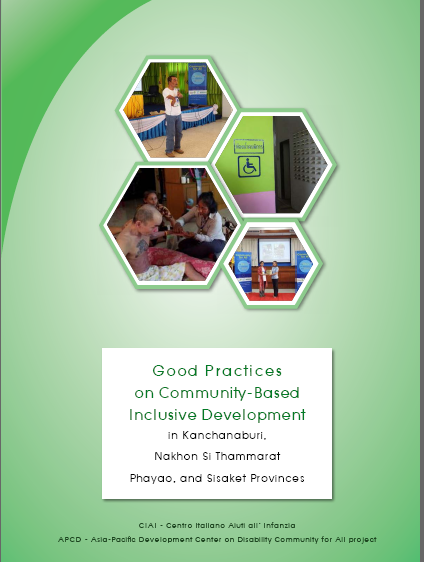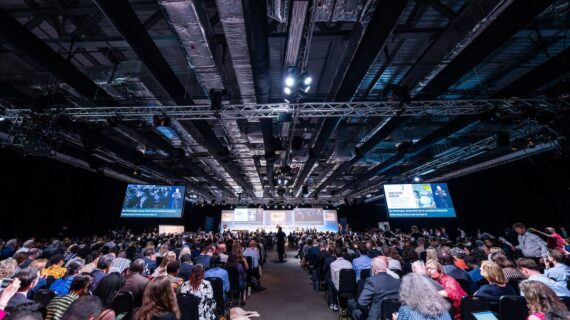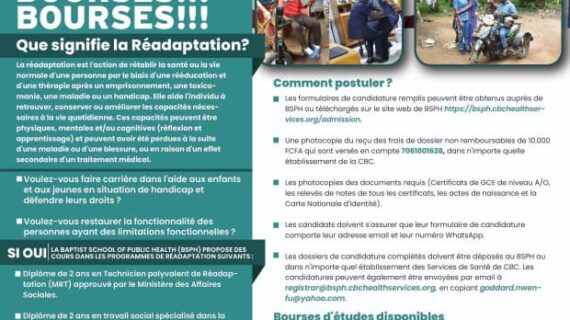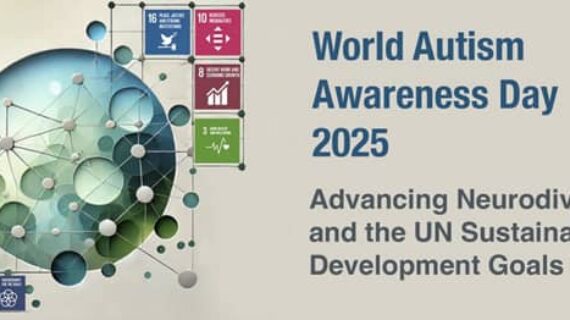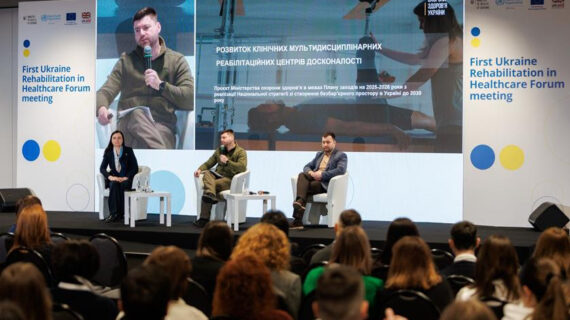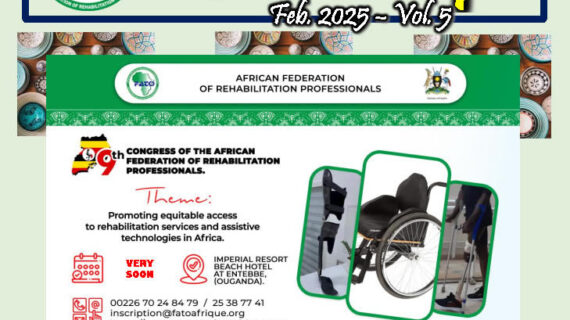Good Practices on Community-Based Inclusive Development in Kanchanaburi,
CIAI – Italian Association for Aid to Children – is a civil society organization that, since 1968, has worked to promote and protect the rights of children in Italy and in the rest of the world. The rights and well being of children and young people are the heart of CIAI’s work, developed by them, with them and for them. CIAI‘s purpose is to guarantee to its beneficiaries protection, health and education and to promote their inclusion in collaboration with the institutions through a systemic approach, that considers children in their family and in the community. Indeed the elements of CIAI’s actions are: active participation and involvement of children and young people, and the deep knowledge of the context that ensures the implementation of sustainable initiatives.
To achieve its mission “To promote recognition of a child as an individual person and defend its fundamental rights, wherever it may be”, CIAI follows the four fundamental principles stated in the CRC – the UN Convention on the Rights of the Child: no-discrimination; the best interests of the child; the responsibility of States in the international cooperation safeguarding childhood; and the participation of children and young people in the decision-making processes that concern them.
The guiding values of CIAI are the following:
• being always on the child’s side;
• be secular and pluralist, and consider difference a value;
• believe that people have equal dignity and rights;
• be against war and any type of violence;
• aim at excellence in the accomplishment of its mission.
The strategy to achieve the mission assumes that to ensure the protection of children, assure access to health/nutrition, education and participation, we need to work on the dimensions of sustainable development: social, economic and environmental. The actions are conceived and implemented taking into account the aspects of sustainable human development that play a fundamental role on the effective enjoyment of rights by children through:
• Resilience of families and communities;
• Social inclusion and the fight against marginalization;
• Gender equality and empowerment of women and girls;
• Climate change adaptation that has a direct impact on the well being of children.
The APCD -Asia-Pacific Development Center on Disability- is a regional center on disability and development established in Bangkok, Thailand as a legacy of the Asian and Pacific Decade of Disabled Persons, 1993-2002, with the joint collaboration of the Ministry of Social Development and Human Security, Royal Thai Government and the Japan International Cooperation Agency (JICA), Government of Japan.
APCD was endorsed by the United Nations Economic and Social Commission for Asia and the Pacific
(ESCAP) as a regional cooperative base for its Biwako Millennium Framework for an inclusive society in the
Asian and Pacific Decade of Disabled Persons, 2003-2012, and as the regional center on disability for the
Incheon Strategy to Make the Right Real, 2013-2022.
In cooperation with more than 30 countries in the Asia-Pacific region, APCD promotes a barrier-free, inclusive
and rights-based society for all through the empowerment of persons with disabilities and organizations of
persons with disabilities in Asia and the Pacific. APCD is currently managed by the Foundation of Asia-Pacific
Development Center on Disability (APCD Foundation) under the Patronage of Her Royal Highness Princess
Maha Chakri Sirindhorn.

